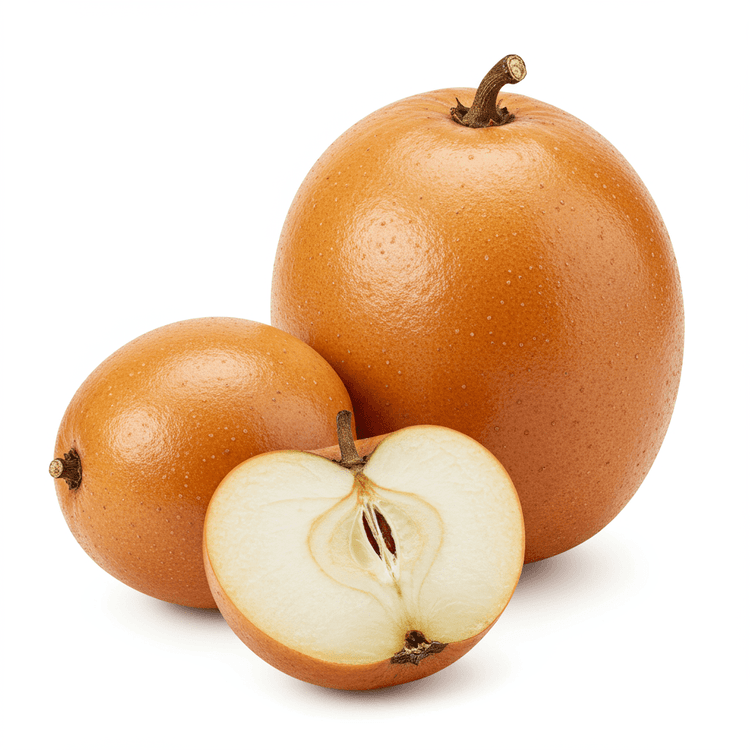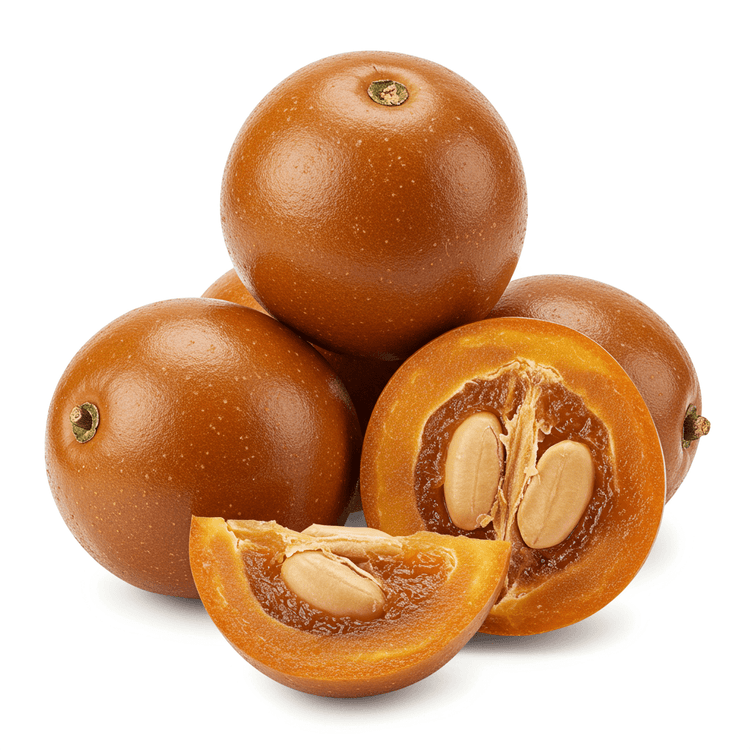
Allulose
Allulose is a rare sugar, also known as D-psicose, found naturally in small quantities in certain fruits like figs and raisins, as well as in maple syrup. This low-calorie sweetener offers about 70% of the sweetness of table sugar (sucrose) but with only a fraction of the calories. Allulose has a clean, sweet taste without the bitter aftertaste often associated with other sugar substitutes. In appearance, it looks and feels very similar to regular sugar, with a crystalline structure. When used in baking, allulose can contribute to browning reactions and texture similar to sugar, but it is not fully metabolized by the body, leading to its low caloric value. Because of its unique properties, allulose is becoming increasingly popular as a sugar alternative in various food and beverage applications, making it a great sugar substitute for individuals looking to reduce sugar intake.
Common Uses
- Allulose can be used as a sugar replacement in baked goods like cakes and cookies, offering sweetness and contributing to browning, although adjustments to recipes may be needed due to its different properties from sugar. - Many use Allulose as a low-calorie sweetener in beverages such as coffee, tea, smoothies, and other drinks, providing a similar sweetness profile to sugar without the added calories. - Some use allulose to make homemade ice cream and other frozen desserts, helping to create a smooth texture and reduce the overall sugar content. - Because of its properties, allulose is used in the production of sugar-free or low-sugar candies, jams, and jellies, adding sweetness and contributing to the desired texture. - Individuals incorporate allulose into yogurt and oatmeal to sweeten these breakfast staples without adding significant calories or impacting blood sugar levels.
Nutrition (per serving)
Nutrition (per serving)
Calories
0.0kcal
Protein
0.0g
Carbs
100.0g (36.36%)
Sugars
0.0g
Healthy Fat
0.0g
Unhealthy Fat
0.0g
% Daily Value based on a 2000 calorie diet
Nutrition (per serving)
Calories
0.0kcal
Protein
0.0g
Carbs
100.0g (36.36%)
Sugars
0.0g
Healthy Fat
0.0g
Unhealthy Fat
0.0g
% Daily Value based on a 2000 calorie diet
Health Benefits
- May help with blood sugar control by having a minimal impact on blood glucose levels.
- Can support weight management due to its very low calorie content and potential to increase satiety.
- May promote gut health by acting as a prebiotic, nourishing beneficial gut bacteria.
- Exhibits antioxidant properties, helping to protect cells from damage caused by free radicals.
- May improve insulin sensitivity in some individuals, potentially benefiting metabolic health.
- Could help lower cholesterol levels, contributing to cardiovascular wellness.
Substitutes
Chefadora AI is here.
Experience smarter, stress-free cooking.
Storage Tips
Allulose is relatively stable and easy to store. Keep it in a cool, dry place away from direct sunlight and moisture. An airtight container is recommended to prevent clumping and maintain its quality. It generally does not require refrigeration or freezing.
Marnirni-apinthi Building, Lot Fourteen,
North Terrace, Adelaide, South Australia, 5000
Australia




